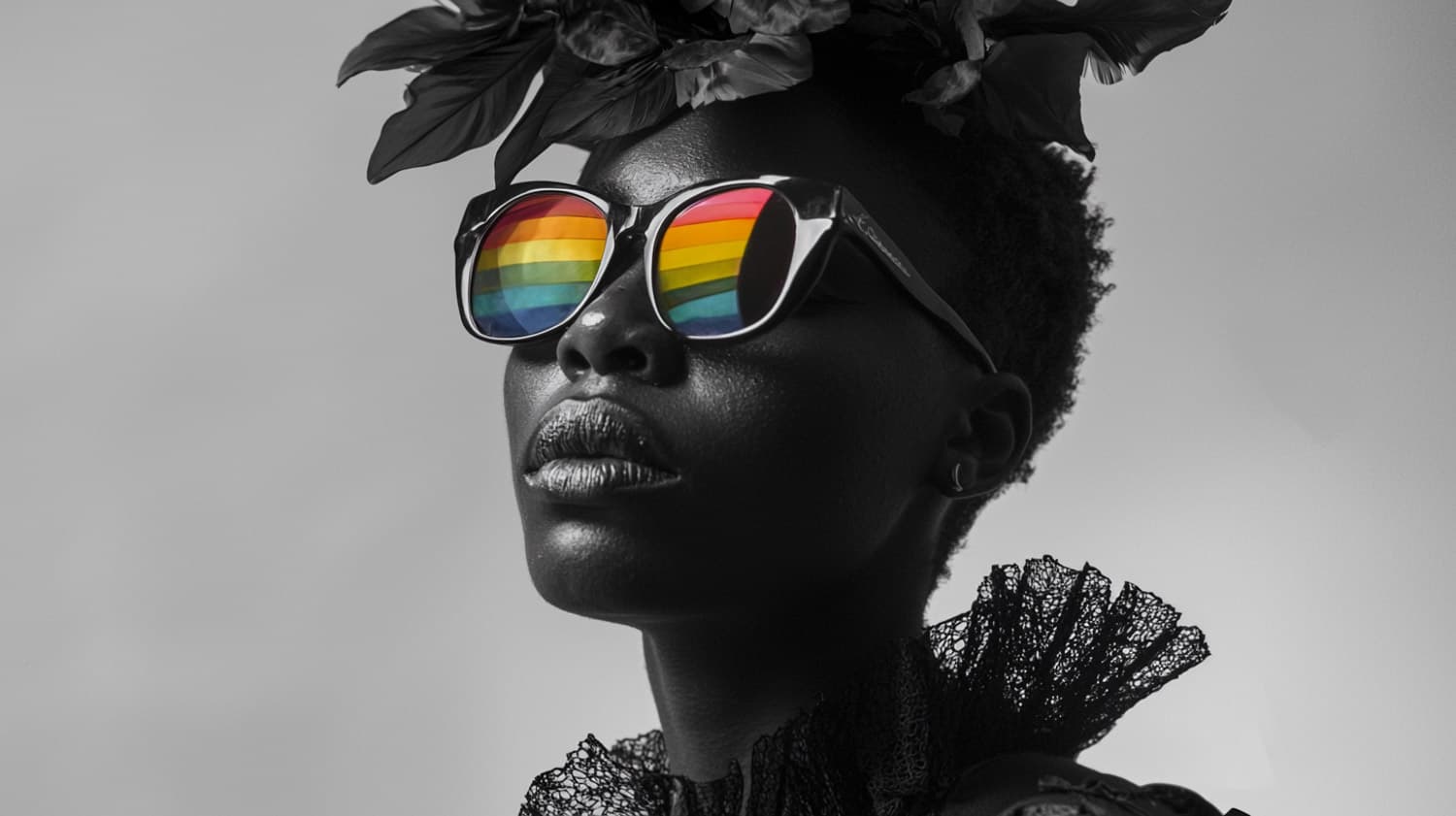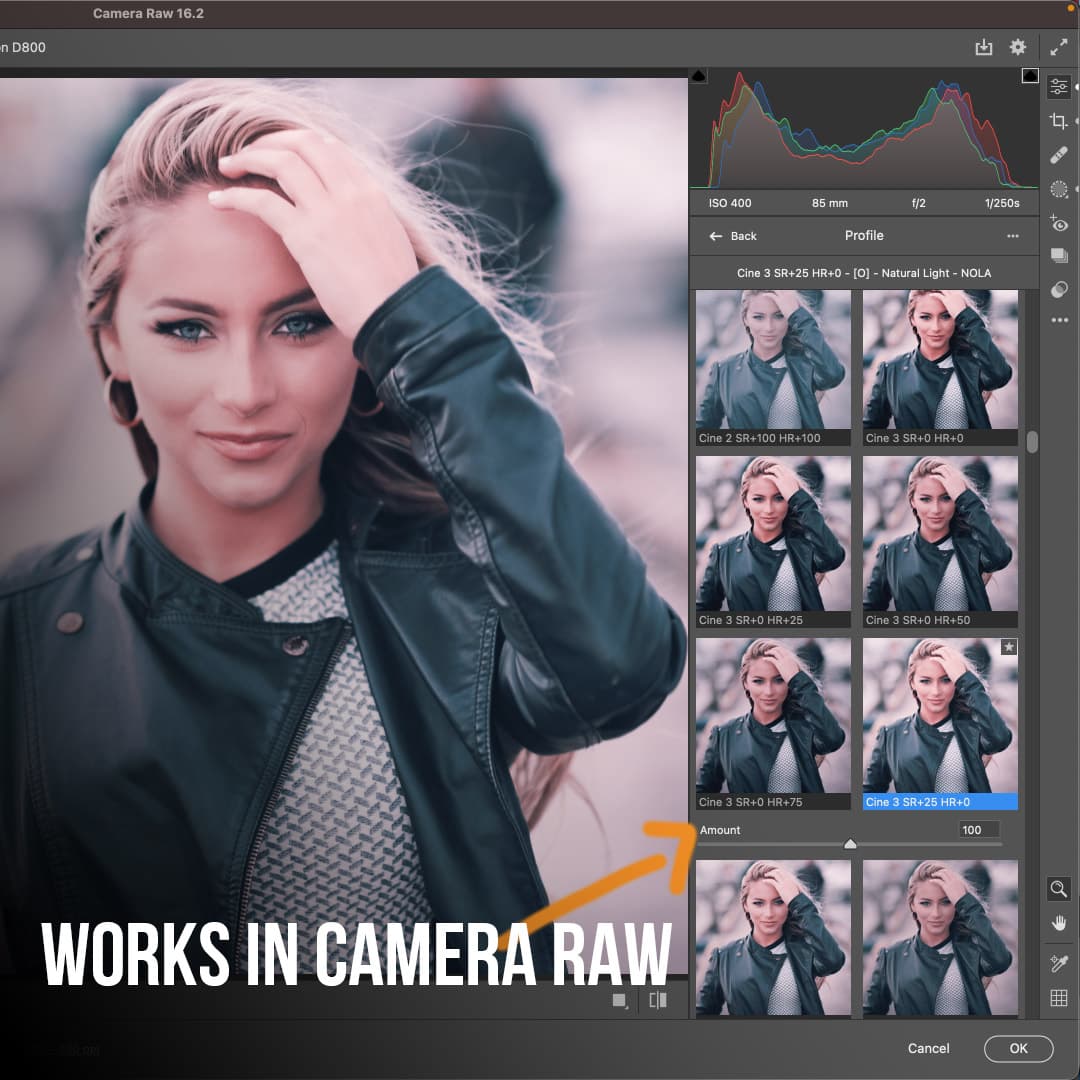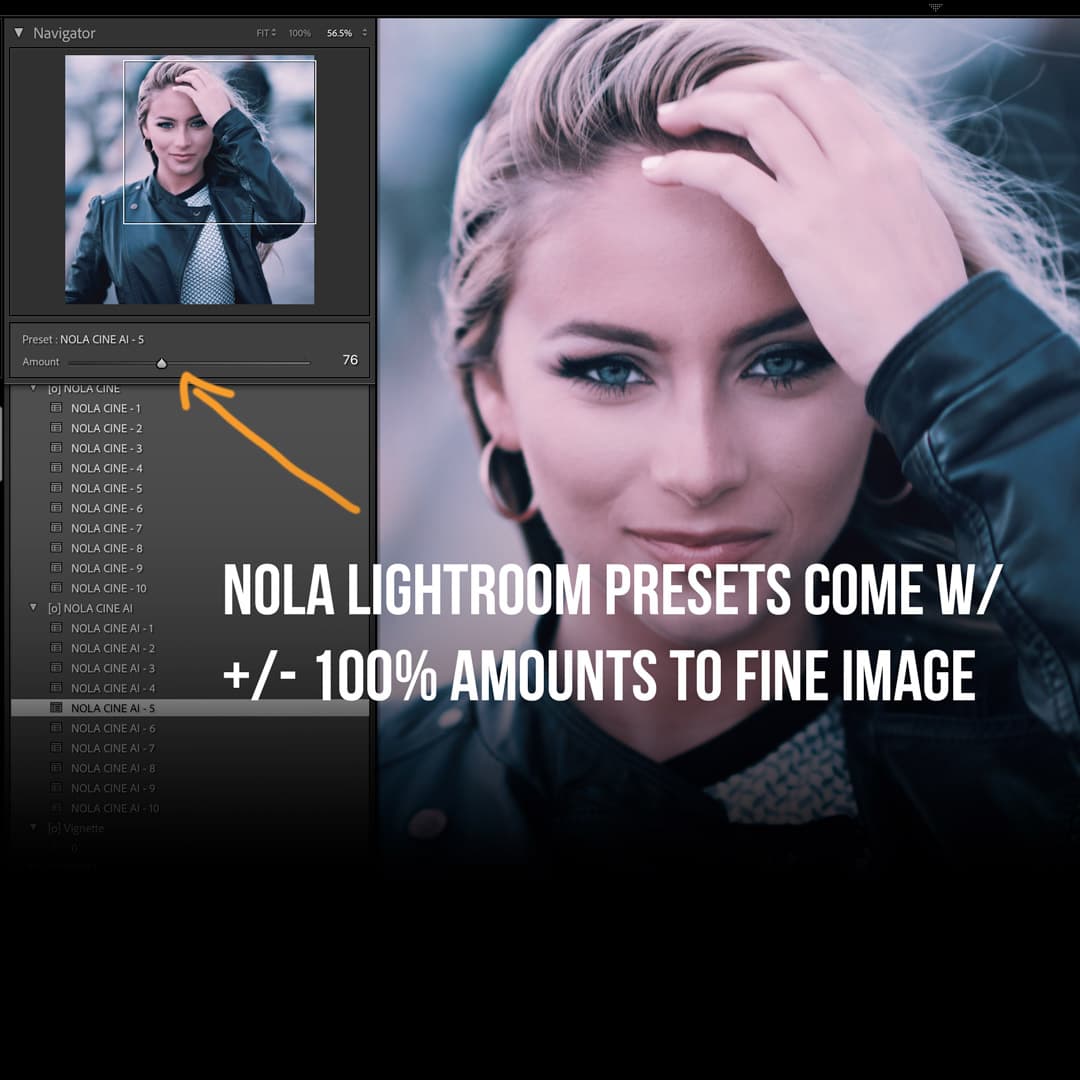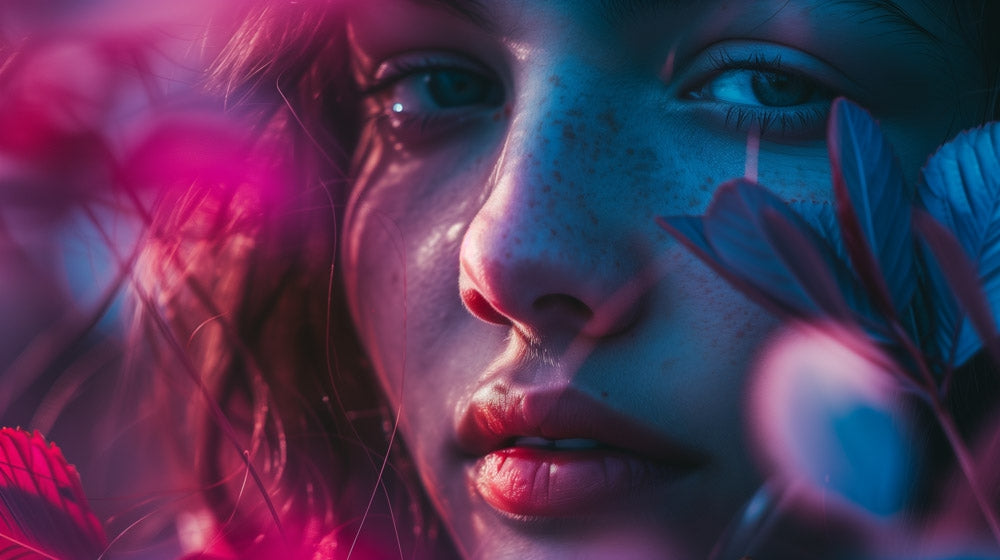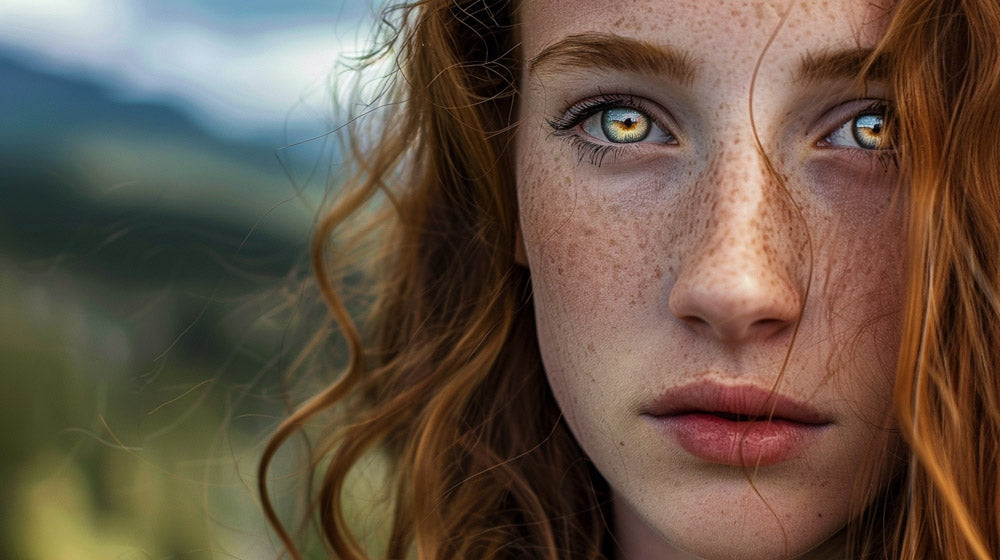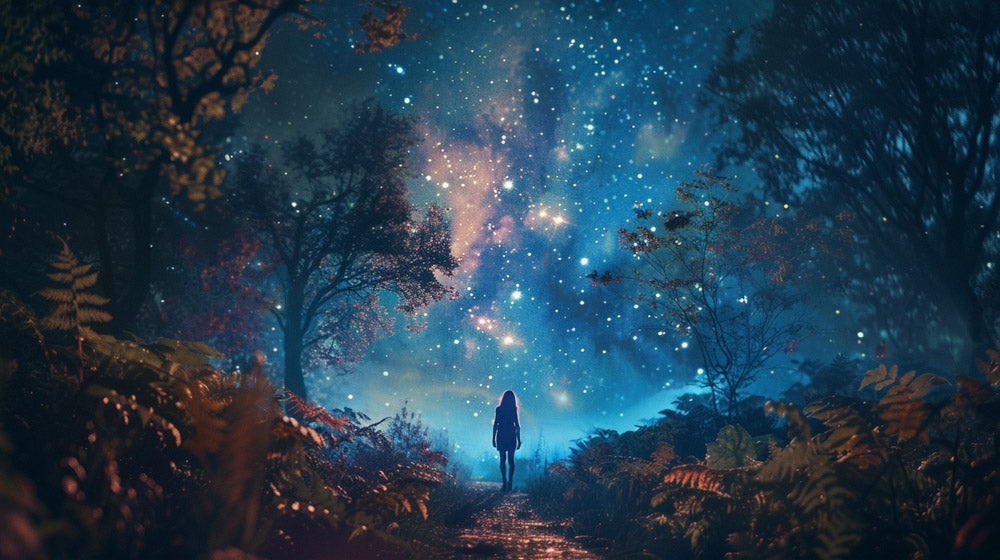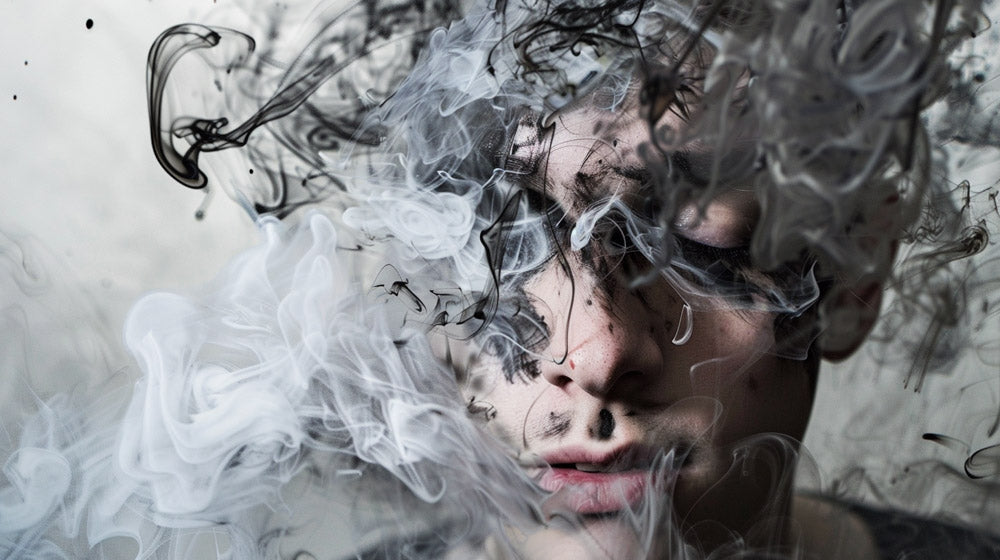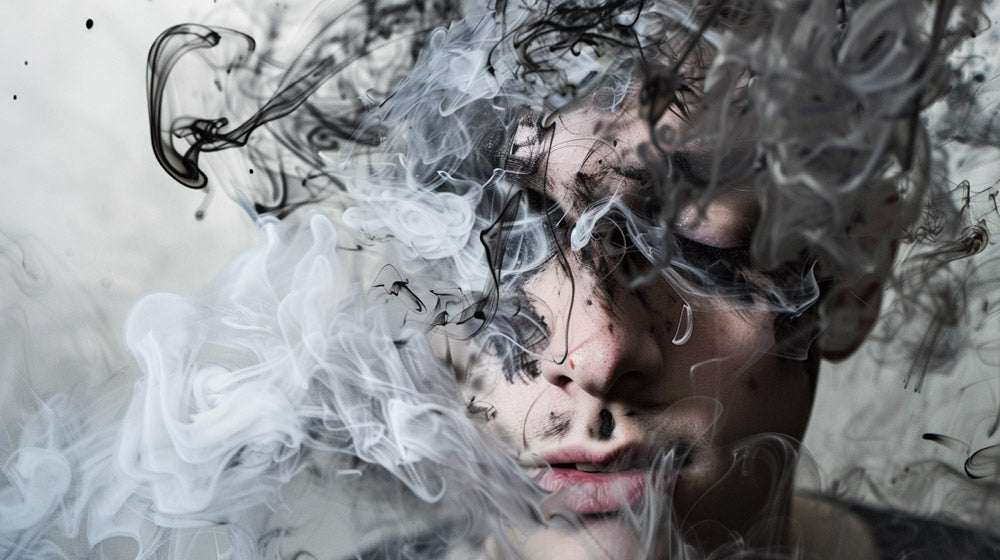Zanele Muholi, a South African visual activist, has dedicated nearly two decades to documenting Black LGBTQIA+ experiences through powerful portraiture.
Born in 1972 in Umlazi township, Muholi uses their camera lens to challenge societal norms and advocate for greater visibility of marginalized communities.
Muholi's work serves as a vital platform for representation, capturing intimate moments of joy, struggle, and everyday life within the LGBTQIA+ community in South Africa.
Their self-portraits and portraits of others create a powerful dialogue around race, gender, and sexuality, pushing against traditional norms and confronting injustice head-on.
Through their art, Muholi has become a prominent voice in the fight against discrimination and violence faced by LGBTQIA+ individuals in South Africa. Their photographs not only document but also celebrate the resilience and diversity of a community that has long been repressed and misrepresented.
Key Takeaways
- Zanele Muholi's photography focuses on representation and visibility of Black LGBTQIA+ individuals in South Africa.
- Their work combines artistic expression with social activism, challenging societal norms and prejudices.
- Muholi's portraits serve as a powerful tool for advocacy, documenting both struggles and celebrations within the LGBTQIA+ community.
The Life and Work of Zanele Muholi
Zanele Muholi's journey as a visual activist has significantly impacted the representation of Black LGBTQIA+ individuals in South Africa and beyond. Their powerful photography challenges societal norms and advocates for queer and transgender rights.
Early Life and Influences
Born on July 19, 1972, in Umlazi, South Africa, Zanele Muholi grew up during the apartheid era. This background deeply influenced their perspective on social justice and equality.
Muholi's early experiences with discrimination and marginalization shaped their artistic vision. They witnessed the struggles of the Black LGBTQIA+ community firsthand, which fueled their passion for advocacy through art.
In their youth, Muholi became involved in community organizing and activism. This engagement laid the foundation for their future work as a visual activist.
Muholi's Artistic Journey
Muholi's artistic career began in the early 2000s. They studied at the Market Photo Workshop in Johannesburg, honing their photography skills.
Their breakthrough came with the "Faces and Phases" series, which started in 2006. This ongoing project documents Black lesbian and transgender individuals in South Africa.
Muholi's work gained international recognition for its powerful portrayal of LGBTQIA+ identities. Their photographs have been exhibited in prestigious galleries worldwide.
In 2009, Muholi's provocative images sparked controversy when a government minister walked out of their exhibition in Johannesburg.
Contribution to LGBTQIA+ Rights
Muholi's art serves as a form of visual activism, challenging societal norms and promoting LGBTQIA+ rights. They use their platform to increase visibility for the Black queer community in South Africa.
In addition to photography, Muholi co-founded the Forum for the Empowerment of Women (FEW) in 2002. This organization supports Black lesbian and bisexual women in South Africa.
Muholi also established the Muholi Art Institute, dedicated to visual activism and education. Through workshops and mentorship programs, they empower aspiring LGBTQIA+ artists.
Their work continues to inspire and educate, fostering greater understanding and acceptance of diverse gender and sexual identities in South Africa and beyond.
Key Themes and Artistic Methods
Zanele Muholi's work explores complex intersections of identity, representation, and social justice through powerful photographic techniques. Their art confronts societal norms and amplifies marginalized voices.
Portraiture as Resistance
Muholi's portraits serve as a form of visual activism, challenging stereotypes and discrimination. Their living visual archive documents South Africa's Black LGBTQIA+ community, highlighting individual stories and collective experiences.
Muholi's "Faces and Phases" series captures the strength and diversity of queer and transgender individuals. These striking black-and-white portraits demand recognition and respect for subjects often overlooked or oppressed.
The artist's self-portrait series "Somnyama Ngonyama" (Hail the Dark Lioness) explores themes of labor, racism, and representation. Muholi transforms everyday objects into powerful visual metaphors, critiquing colonial history and contemporary prejudices.
Exploring Identity Through Photography
Muholi's work delves into the complexities of gender expression, sexuality, and racial identity. Their photographs celebrate the spectrum of LGBTQIA+ experiences while confronting societal prejudices.
The artist's images often feature subjects gazing directly at the camera, asserting their presence and challenging viewers to confront their own biases. This direct engagement creates a powerful connection between subject and audience.
Muholi's art transcends traditional forms, using abstract and conceptual approaches to elevate conversations about identity. Their installations and multimedia projects expand the boundaries of photography as a medium for social commentary.
Narratives of Race and Gender
Muholi's work examines the intersections of race, gender, and sexuality in post-apartheid South Africa. Their photographs reveal the ongoing struggles and triumphs of Black LGBTQIA+ individuals in a society grappling with its colonial past.
The artist's images confront issues of visibility and erasure, giving space to narratives often excluded from mainstream discourse. Muholi's portraits celebrate the resilience and beauty of their subjects while acknowledging the challenges they face.
Through their art, Muholi advocates for greater understanding and acceptance of diverse gender identities and sexual orientations. Their work serves as a catalyst for dialogue about discrimination, prejudice, and the need for social change.
Signature Series and Exhibitions
Zanele Muholi's powerful photographic series have gained international recognition, showcasing the lives and experiences of South Africa's LGBTQIA+ community. Their work has been featured in prominent exhibitions worldwide, bringing visibility to marginalized voices.
Faces and Phases
Muholi's "Faces and Phases" series, initiated in 2006, is a landmark project documenting Black lesbians and transgender individuals in South Africa. The series features over 500 portraits, capturing the diversity and resilience of the LGBTQIA+ community.
The black-and-white photographs present subjects with dignity and strength, challenging stereotypes and misconceptions. Muholi revisits many participants over the years, creating a visual archive of their evolving identities and experiences.
"Faces and Phases" has been exhibited internationally, including at the Tate Modern in London. The series serves as a powerful testament to the existence and perseverance of LGBTQIA+ individuals in the face of discrimination and violence.
Brave Beauties
The "Brave Beauties" series focuses on transgender women and gender non-conforming individuals who participate in beauty pageants. Muholi's photographs celebrate their subjects' femininity, confidence, and pride.
These portraits challenge traditional notions of gender and beauty, showcasing the strength and grace of individuals who defy societal norms. The series highlights the importance of self-expression and identity within the LGBTQIA+ community.
"Brave Beauties" has been featured in exhibitions around the world, bringing attention to the experiences of transgender and gender non-conforming individuals in South Africa and beyond.
Only Half the Picture
Muholi's early series "Only Half the Picture" addresses both the intimacy and trauma experienced by LGBTQIA+ individuals in South Africa. The photographs capture moments of love and affection alongside images alluding to violence and discrimination.
This series confronts the stark reality that despite constitutional protections, South Africa's LGBTQIA+ community continues to face prejudice and targeted attacks. Muholi's work serves as both documentation and a call to action.
"Only Half the Picture" has been exhibited in galleries and museums internationally, shedding light on the complex experiences of LGBTQIA+ individuals in South Africa.
Global Recognition and Impact
Muholi's work has garnered significant attention from major art institutions worldwide. Their exhibitions have been featured in prestigious venues such as the Guggenheim Museum in New York and the Tate Modern in London.
These exhibitions often incorporate multimedia elements, such as soundscapes by South African musicians, enhancing the visitor experience. Muholi's impact extends beyond photography, as they have expanded into sculpture and other media.
The global recognition of Muholi's work has brought increased visibility to LGBTQIA+ issues in South Africa and sparked important conversations about identity, representation, and human rights around the world.
Advocacy and Impact on Society
Zanele Muholi's work has significantly influenced societal perceptions of the LGBTQIA+ community in South Africa and beyond. Their photography has sparked important conversations and driven social change through powerful visual storytelling.
Promoting Visibility and Awareness
Muholi's portraits have brought increased visibility to Black LGBTQIA+ individuals who are often marginalized or erased from mainstream narratives. By showcasing the diversity and humanity of queer and trans people, Muholi challenges stereotypes and misconceptions.
Their photographs document both the joys and struggles of LGBTQIA+ life in South Africa. This includes capturing moments of pride and celebration alongside the harsh realities of discrimination and violence faced by the community.
Muholi's work has been exhibited in major galleries and museums worldwide, reaching global audiences. This exposure has helped raise awareness about LGBTQIA+ rights issues in South Africa and other countries where queer people face persecution.
Inspiring Future Generations
As a prominent visual activist, Muholi serves as a role model for young LGBTQIA+ artists and activists. Their success demonstrates the power of art to effect social change and amplify marginalized voices.
Muholi's photography workshops and mentorship programs empower queer youth to tell their own stories through art. This creates a ripple effect, inspiring new generations of visual activists.
By documenting LGBTQIA+ history and culture, Muholi preserves these narratives for future generations. Their archive of images provides a crucial historical record of queer life in post-apartheid South Africa.
Addressing Challenges and Celebrating Resilience
Muholi's work doesn't shy away from depicting the violence and discrimination faced by LGBTQIA+ South Africans. Their photographs document hate crimes and memorialize victims of homophobic and transphobic attacks.
At the same time, Muholi's portraits celebrate the strength and resilience of queer individuals. Images of same-sex couples, gender non-conforming people, and proud LGBTQIA+ activists showcase the community's perseverance in the face of adversity.
By addressing both challenges and triumphs, Muholi's work presents a nuanced view of LGBTQIA+ experiences. This approach fosters empathy and understanding among viewers while affirming the dignity of queer subjects.
Frequently Asked Questions
Zanele Muholi's work has significantly impacted LGBTQIA+ visibility and representation in South Africa and beyond. Their photography explores identity, self-expression, and the lived experiences of queer communities.
What is the significance of Zanele Muholi's work in promoting LGBTQIA+ visibility through portraiture?
Muholi's portraits document the lives and experiences of Black LGBTQIA+ individuals, bringing visibility to a community often marginalized or erased. Their work challenges societal norms and confronts issues of homophobia and discrimination.
Muholi's photographs serve as a powerful form of visual activism, creating a historical record of queer lives in post-apartheid South Africa.
How has Zanele Muholi's background influenced their approach to photography?
Born in 1972 in Umlazi, a township in South Africa, Muholi's experiences during apartheid and post-apartheid eras have shaped their artistic perspective. Their work focuses on documenting Black LGBT and intersex South Africans, many of whom have faced violence and oppression.
Muholi's personal identity as a non-binary person informs their approach to portraiture, exploring themes of gender, sexuality, and racial identity.
What notable exhibitions have featured Zanele Muholi's work, and what impact have these had on public perception?
Muholi's work has been exhibited in major institutions worldwide, including a solo exhibition at Tate Modern in London. These exhibitions have brought increased attention to LGBTQIA+ issues in South Africa and globally.
Their photographs have sparked important conversations about representation, identity, and human rights, challenging viewers to confront their own biases and assumptions.
How can one purchase prints of Zanele Muholi's photography, and are there any authorized dealers?
Muholi's prints are available through select galleries and art dealers specializing in contemporary photography. Potential buyers should research reputable galleries that represent Muholi's work to ensure authenticity.
To find authorized dealers and current availability of prints, it's advisable to contact Muholi's primary representing gallery.
What are some of the notable quotes by Zanele Muholi, and how do they reflect their mission?
Muholi has stated, "I'm reclaiming my blackness, which I feel is continuously performed by the privileged other." This quote reflects their commitment to asserting Black queer identity and challenging societal norms.
They have also emphasized the importance of self-representation, saying, "We cannot be denied existence. This is about our lives."
What techniques and themes are commonly found in Zanele Muholi's self-portraits?
Muholi's self-portraits often feature high contrast and dramatic lighting. This emphasizes their facial features and creates powerful, striking images. They also frequently incorporate everyday objects as props, imbuing them with symbolic meaning.
Themes of identity, blackness, and gender fluidity are prevalent in their self-portraits. These challenge viewers to confront their own perceptions and biases.


